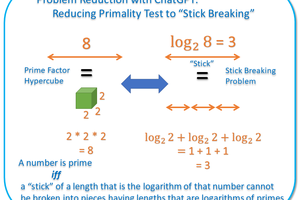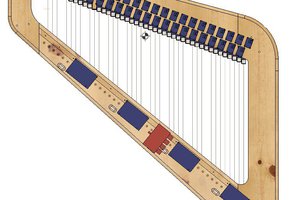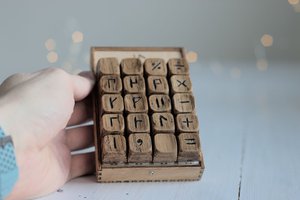This project simply needs to generate a random number. It is supplied with a Minimum and Maximum value, and chooses a random number between them. Technically I don't even need the minimum - it's always 1!
To pick a winner, I export the Trinket Everyday Carry contest entries to a spreadsheet. Each entry gets a row. Choose a random row number, and you have a winner!
 Adam Fabio
Adam Fabio



 Chran M
Chran M
 Michael Wessel
Michael Wessel

 Tauno Erik
Tauno Erik